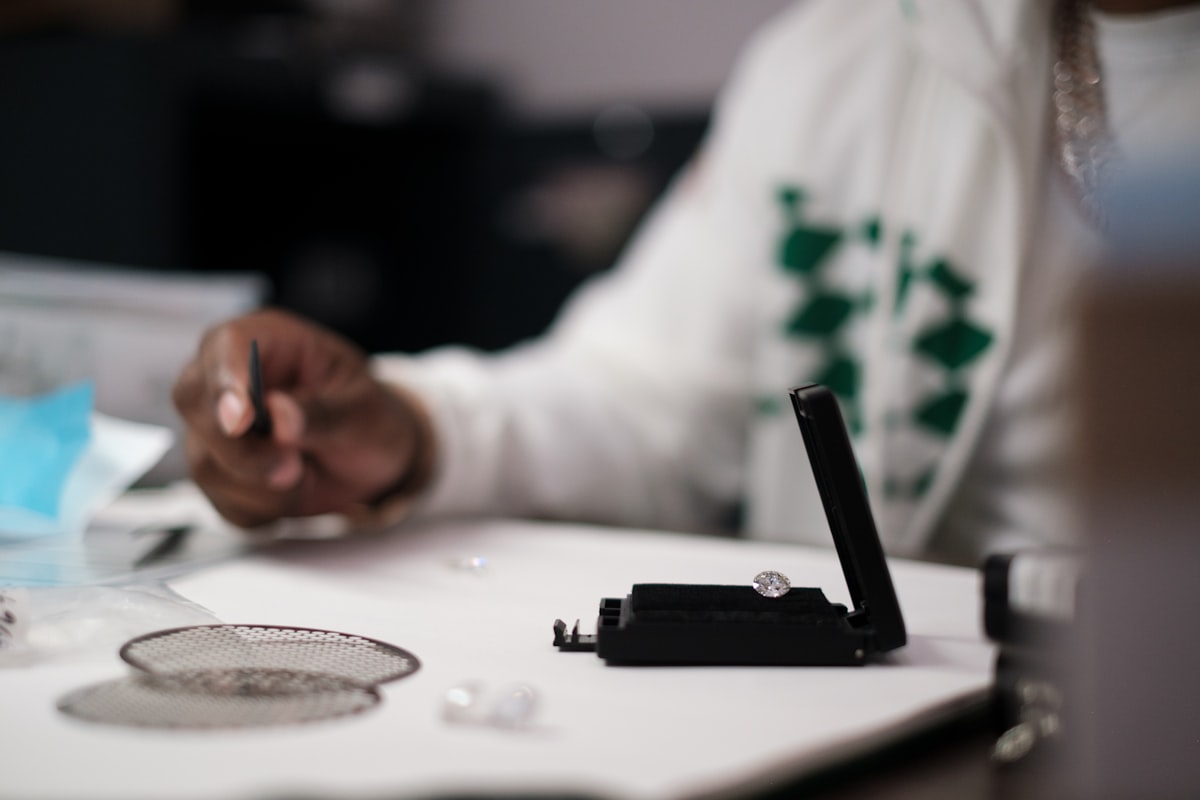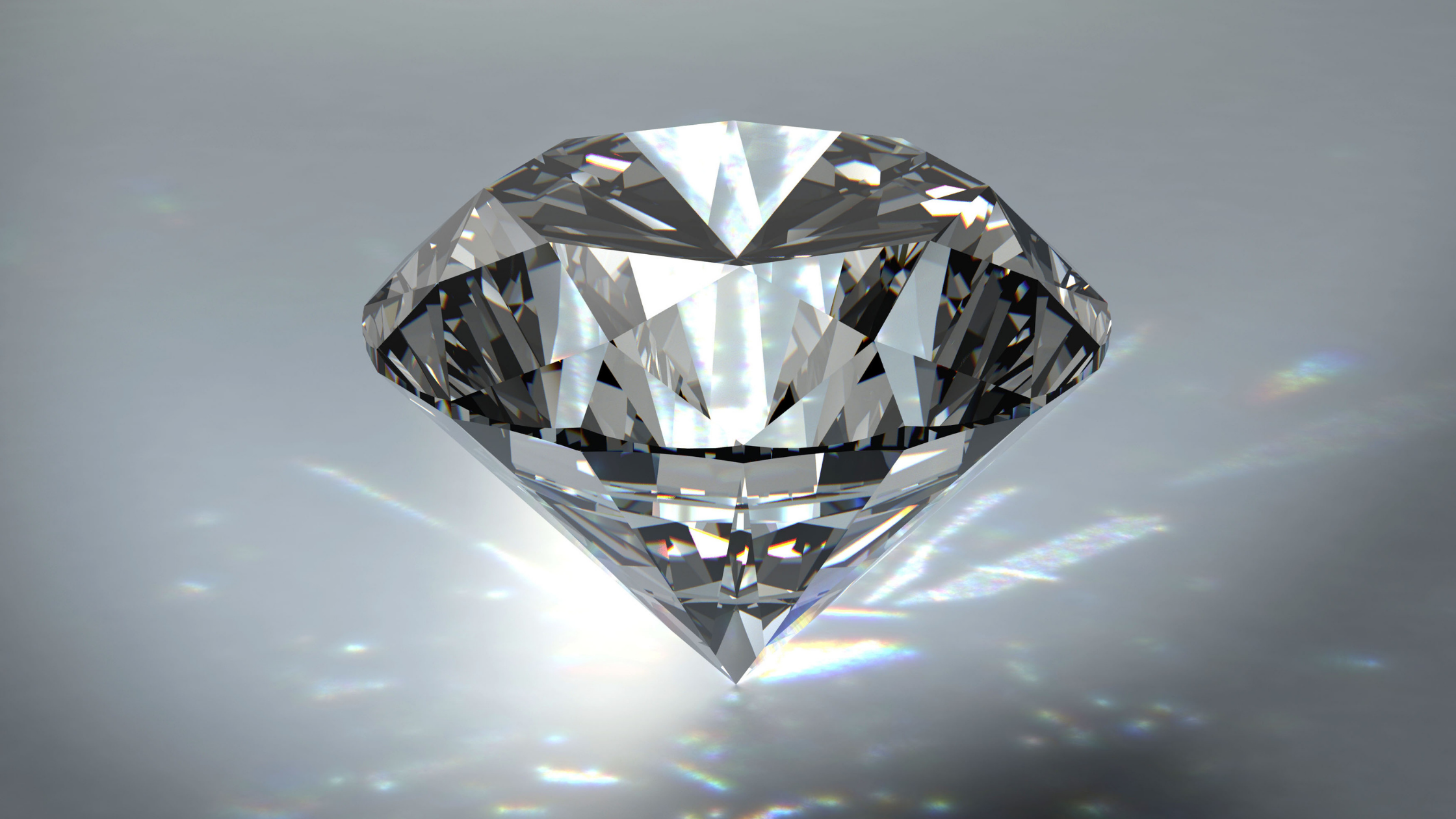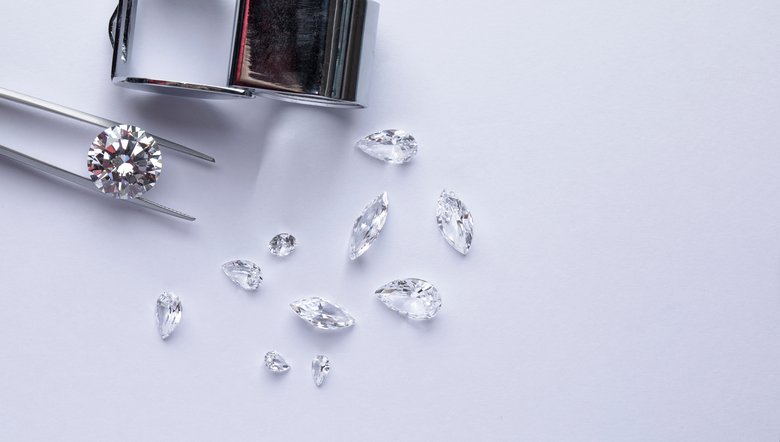
GIA vs IGI: Choosing the Right Diamond Certification
Introduction to Diamond Certification
Why Certification Matters
When buying a diamond, certification is a crucial factor to consider. Think of it as a report card for your diamond. It tells you about its quality, ensuring that you’re making an informed investment. With so many options out there, understanding the difference between various certification labs is essential.
Overview of Major Certification Labs
Two of the most recognized names in diamond certification are the Gemological Institute of America (gia vs igi) and the International Gemological Institute (IGI). Both have their unique methodologies, strengths, and weaknesses. So, which one should you trust when purchasing your next sparkling gem? Let’s dive in!
What is GIA?
History and Reputation
The GIA, founded in 1931, is widely regarded as the gold standard in diamond grading. Known for its rigorous grading criteria, the GIA has built a solid reputation over decades. When you see a GIA certificate, you can be confident that the diamond has undergone a thorough and unbiased evaluation.
GIA Grading Process
The GIA grading process is comprehensive, examining every aspect of the diamond.
The 4Cs Explained
The GIA uses the 4Cs—Carat, Cut, Color, and Clarity—to evaluate diamonds. Each factor plays a vital role in determining the overall quality and value of the stone.
Additional Services
Besides grading, the GIA also offers educational resources, appraisal services, and identification reports, helping buyers make informed decisions.
What is IGI?
History and Reputation
Founded in 1975, IGI has become one of the leading gemological laboratories, particularly known for its focus on jewelry grading. While it may not have the same level of recognition as GIA, IGI provides reliable certification that many retailers and consumers trust.
IGI Grading Process
IGI’s grading process also encompasses the 4Cs, but it may differ in the specific methodologies and standards used.
The 4Cs Explained
Like GIA, IGI evaluates lab grown diamonds based on Carat, Cut, Color, and Clarity. However, some experts argue that IGI may have slightly more lenient grading standards compared to GIA.
Additional Services
IGI offers a range of services, including jewelry appraisal and identification reports, which can be particularly useful for those buying set diamonds.
GIA vs IGI: Key Differences
Grading Standards
One of the most significant differences between GIA and IGI lies in their grading standards. GIA is often considered more stringent, which can result in higher prices for GIA-certified diamonds. In contrast, IGI may provide certificates for diamonds that are perceived to be of slightly lower quality.
Recognition and Trust
When it comes to recognition, GIA has a more established reputation within the industry. Most jewelers and consumers view GIA as the benchmark for diamond quality. IGI, while reputable, does not have the same universal acclaim.
Market Influence
GIA often has a more significant influence on market prices due to its stringent grading standards. This can be a double-edged sword, as it may lead to higher costs for consumers. However, it also means that GIA-certified diamonds often hold their value better over time.
Pros and Cons of GIA and IGI Certifications
Advantages of GIA Certification
- Trusted Reputation: GIA is well-known and respected in the industry.
- Stringent Grading: More rigorous standards can lead to higher quality assurance.
- Educational Resources: GIA offers extensive educational tools for consumers.
Disadvantages of GIA Certification
- Higher Prices: GIA-certified diamonds often come with a premium price tag.
- Limited Availability: Some jewelers may not carry GIA-certified diamonds.
Advantages of IGI Certification
Cost-Effective: IGI-certified diamonds can be more affordable.
Wide Range of Offerings: IGI certificates cover a broader range of jewelry, not just loose diamonds.
Disadvantages of IGI Certification
Less Stringent Standards: Some argue that IGI’s grading may be more lenient, potentially leading to discrepancies in quality.
Lower Recognition: IGI may not carry the same weight as GIA in the market.
Which Certification Should You Choose?
Consider Your Priorities
When choosing between GIA and IGI, think about what matters most to you. If you prioritize stringent grading and a strong reputation, GIA might be the way to go. If budget and affordability are more critical, IGI could be a suitable option.
Budget Considerations
Always set a budget before you start shopping. Knowing what you’re willing to spend can help you narrow down your options between the two certifications.
Personal Preferences
Ultimately, your choice may also depend on personal preference. If you’re looking for a diamond that checks all the boxes in terms of quality, GIA might suit you best. If you’re open to exploring different grading standards and price points, IGI could be an attractive alternative.
Conclusion: Making an Informed Decision
Choosing between GIA and IGI certification doesn’t have to be daunting. By understanding the differences, advantages, and disadvantages of each, you can make an informed decision that aligns with your needs and values. Whether you prioritize reputation, cost, or quality, knowing what each certification offers will empower you to select the perfect diamond for your collection. So, take your time, do your research, and remember: the right diamond is waiting for you!


